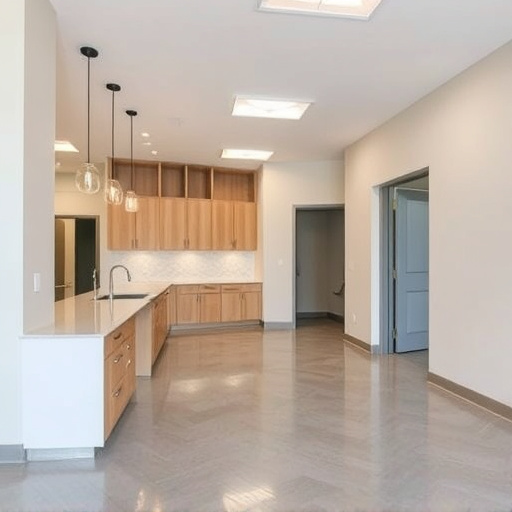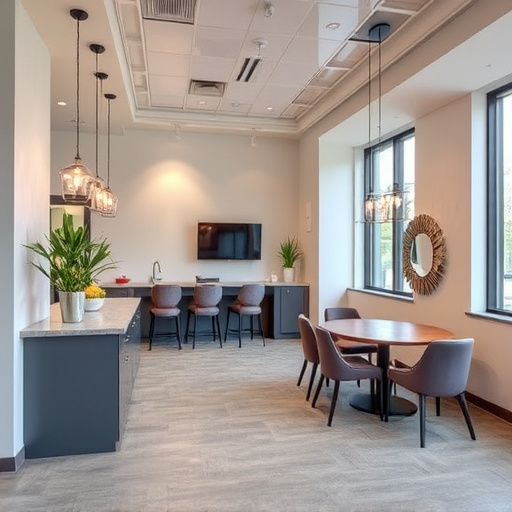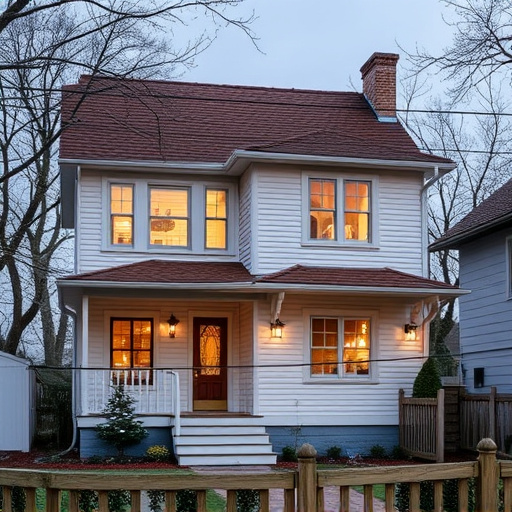Tile flooring is a popular choice for allergy sufferers due to its smooth, non-porous surface that repels allergens like dust mites, pet dander, mold, and pollen, unlike carpets. It offers durability, easy cleaning, low maintenance, and enhanced aesthetics, making it suitable for various rooms during remodels. When selecting tile, prioritize non-porous surfaces, matte finishes, larger tiles with fewer grout lines, light colors, or custom designs to maintain a healthier home environment.
Creating an allergy-friendly home environment is paramount for those suffering from seasonal or chronic conditions. One effective solution lies in choosing the right flooring—tile flooring, specifically. This article delves into the understanding of allergies and their impact on indoor spaces, highlighting the numerous benefits of tile flooring for allergy sufferers. We’ll guide you through selecting the ideal tiles, considering essential features to ensure a healthier living environment.
- Understanding Allergies and Their Impact on Indoor Spaces
- The Benefits of Tile Flooring for Allergy Sufferers
- Choosing the Right Tile: Features and Considerations for an Allergy-Friendly Home
Understanding Allergies and Their Impact on Indoor Spaces
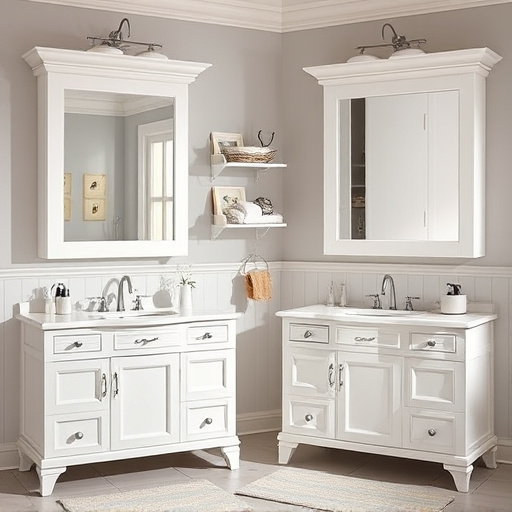
Allergies are a growing concern for many homeowners, affecting their daily lives and overall well-being. Understanding what triggers allergic reactions is essential when creating an allergy-friendly home environment. Many common indoor allergens include dust mites, pet dander, mold spores, and pollen, which can be found in various surfaces around the house, including flooring. These allergens can cause symptoms such as sneezing, itching, runny noses, and even asthma attacks for sensitive individuals.
Tile flooring offers a unique advantage in managing allergies due to its smooth, non-porous surface. Unlike carpets or other materials that trap allergens, tile allows easy cleaning and reduces the buildup of dust and dander. When considering a home addition, kitchen and bath remodel, or multiple room remodel, opting for tile flooring can create a healthier living space. Its durability and low maintenance make it an excellent choice for those seeking to minimize allergen exposure while enhancing the aesthetics of their home.
The Benefits of Tile Flooring for Allergy Sufferers
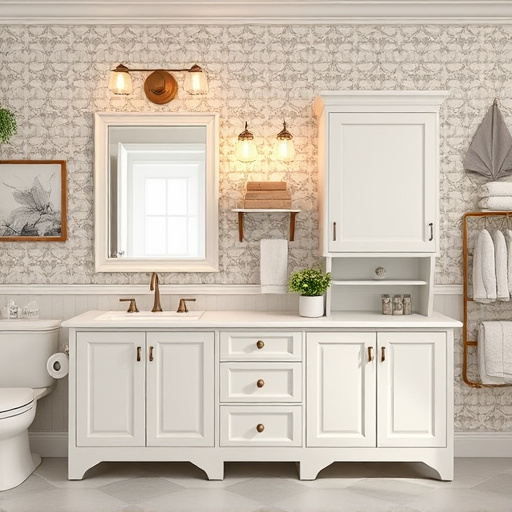
Tile flooring offers a host of advantages for allergy sufferers looking to create a healthier home environment. Firstly, its smooth and non-porous surface is highly resistant to trapping dust, pollen, and other common allergens that can trigger symptoms. Unlike carpets, tile doesn’t absorb these irritants, making it easier to maintain a clean and allergen-free space with regular mopping or vacuuming.
This type of flooring is also versatile, suitable for various rooms in your home, including the bathroom remodel or multiple room remodel projects you might undertake during home remodeling. Its durability and low maintenance requirements make it a practical choice, ensuring a comfortable and allergy-friendly living space without compromising on aesthetics.
Choosing the Right Tile: Features and Considerations for an Allergy-Friendly Home
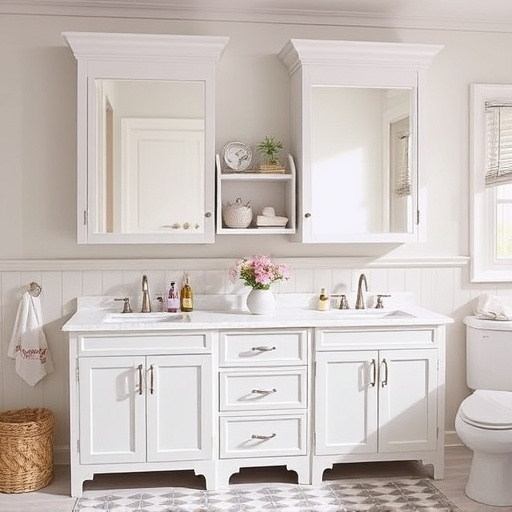
When considering tile flooring for an allergy-friendly home, it’s crucial to select the right type that offers both comfort and ease in terms of cleaning. Look for tiles with a smooth, non-porous surface that is resistant to mold, mildew, and bacteria growth. These characteristics help reduce allergens like dust mites that can become trapped in porous materials.
Additionally, consider tiles with a matte finish as they are generally easier to keep clean compared to glossy ones. Opting for larger tile sizes can also make cleaning more efficient, as there are fewer grout lines to maintain. Moreover, choose colors and patterns carefully; light-colored tiles tend to show less dirt and dust, while customizable work allows you to incorporate unique designs that cater to personal preferences without compromising on allergen reduction. Incorporating these considerations into your residential renovations can significantly contribute to creating a healthier living environment through the choice of tile flooring.
Tile flooring emerges as a powerful ally in creating allergy-friendly home environments. By understanding the impact of allergies on indoor spaces and choosing the right tiles with considerations like non-porous surfaces, easy cleaning, and minimal moisture retention, homeowners can significantly reduce allergen buildup. This not only enhances air quality but also provides durability and aesthetic appeal, making tile flooring a smart and compassionate choice for allergy sufferers.











